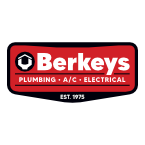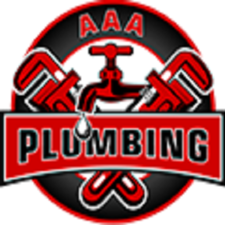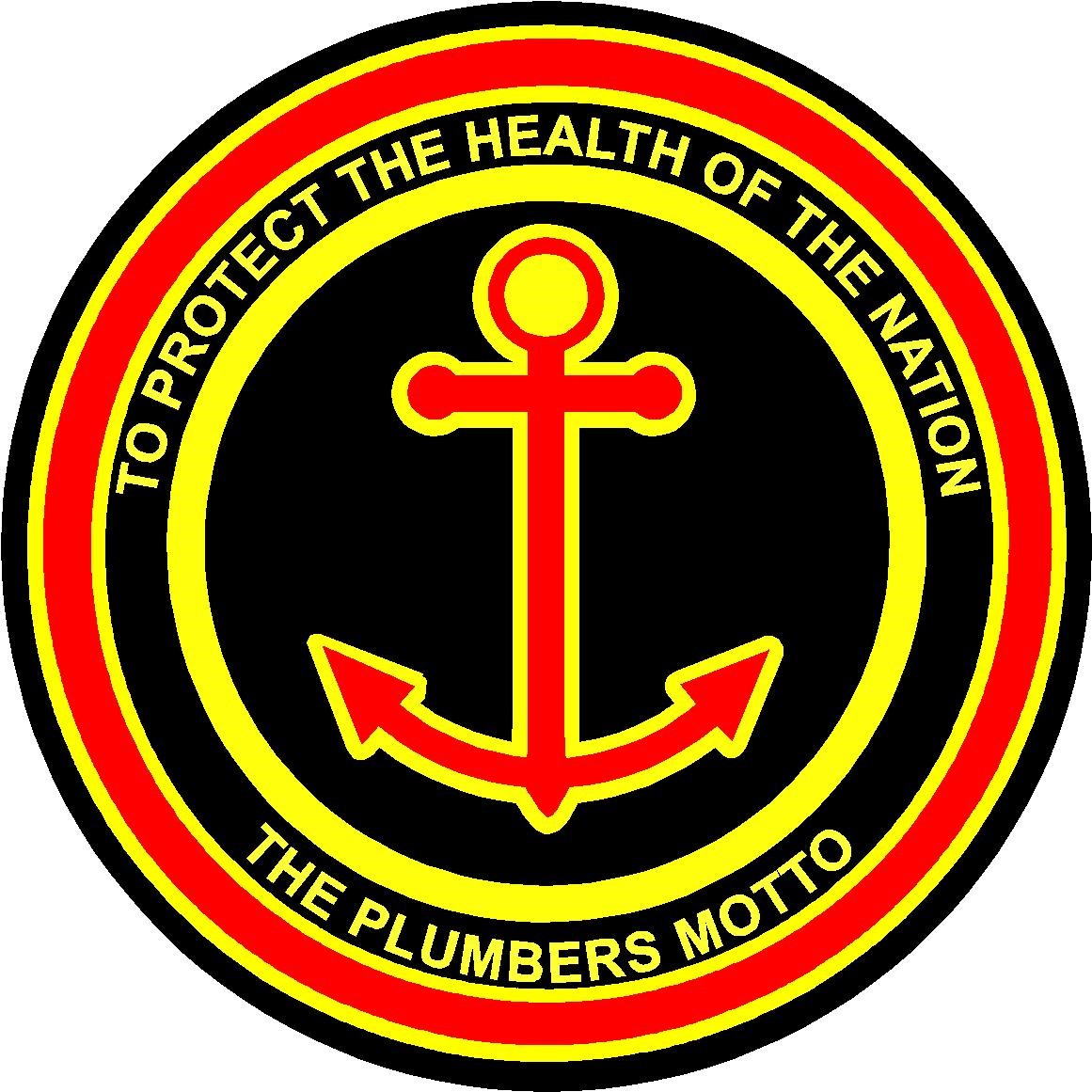
Get matched with top gas log pros in Leakey, TX
Enter your ZIP and get matched with up to 5 pros
Need a pro for your gas log service project in Leakey, TX?
Verified Reviews for Gas Log Service pros in Leakey, TX
*The Angi rating for Gas Log Service companies in Leakey, TX is a rating based on verified reviews from our community of homeowners who have used these pros to meet their Gas Log Service needs.
*The HomeAdvisor rating for Gas Log Service companies in Leakey, TX is a rating based on verified reviews from our community of homeowners who have used these pros to meet their Gas Log Service needs.
Last update on November 27, 2025
Find Gas log pros in Leakey
Wright's Air Conditioning, Inc.
Wright's Air Conditioning, Inc.
We are the oldest, most widely used business of this type in The Hunt County area. We have been providing quality service and installations for residential and commercial applications since 1945. Our customers always come first. 2015 will mark our 70th consecutive year in business.
We are the oldest, most widely used business of this type in The Hunt County area. We have been providing quality service and installations for residential and commercial applications since 1945. Our customers always come first. 2015 will mark our 70th consecutive year in business.
Hooten's Hardware
Hooten's Hardware
Special financing on Toro lawn products. Sales and service on Toro, Echo, Stihl, and Husqvarna. Master Case knife dealer - over 750 Case knives in stock
Special financing on Toro lawn products. Sales and service on Toro, Echo, Stihl, and Husqvarna. Master Case knife dealer - over 750 Case knives in stock
The homeowners guide to home care is here
From average costs to expert advice, get all the answers you need to get your job done.
 •
•Discover vinyl flooring installation costs, including average prices, key cost factors, and tips to save on your new floors.

Looking for a more eco-friendly flooring option? Learn how much Marmoleum® flooring costs and what factors can affect the price of installation.

Mobile home floor repair costs are similar to flooring repair costs in other types of homes. It all depends on the damage, size, and materials.

Baseboards come in many styles and materials, giving your space a finished look. Learn about the types of baseboards, pros and cons, and when to choose each.

Your floors deal with a lot, and they may occasionally experience damage that requires your attention. Learn floor repair costs for your project.
 •
•Discover limestone flooring costs for your home. Learn about material, labor, and installation factors to plan your flooring project with confidence.
- Hunt, TX Gas log pros
- Medina, TX Gas log pros
- Ingram, TX Gas log pros
- Kerrville, TX Gas log pros
- Bandera, TX Gas log pros
- Harper, TX Gas log pros
- Center Point, TX Gas log pros
- Fredericksburg, TX Gas log pros
- Hondo, TX Gas log pros
- Pipe Creek, TX Gas log pros
- Lakehills, TX Gas log pros
- Comfort, TX Gas log pros
- Mico, TX Gas log pros
- Rio Medina, TX Gas log pros
- Castroville, TX Gas log pros
- Yancey, TX Gas log pros
- Fair Oaks Ranch, TX Gas log pros
- Boerne, TX Gas log pros
- Helotes, TX Gas log pros
- La Coste, TX Gas log pros
- Mason, TX Gas log pros
- Foundation Repair in Leakey
- Roofing in Leakey
- Kitchen And Bath Remodeling in Leakey
- Stone And Gravel in Leakey
- Plumbing in Leakey
- Small Appliance Repair in Leakey
- Driveways in Leakey
- Electrical in Leakey
- Excavating in Leakey
- Garage Doors in Leakey
- Mulch And Topsoil in Leakey
- Tree Service in Leakey
- Cabinet Makers in Leakey
- Landscaping in Leakey
- Painting in Leakey
- Computer Repair in Leakey
- Plaster Plaster Repair in Leakey
- Fencing in Leakey
- Septic Tank in Leakey
- Swimming Pools in Leakey
- Plumbing in Leakey
- Roofing in Leakey
- Tree Service in Leakey
- Electrical in Leakey
- Kitchen And Bath Remodeling in Leakey
- Fencing in Leakey
- Lawn And Yard Work in Leakey
- Swimming Pools in Leakey
- Landscaping in Leakey
- Pest Control in Leakey





